AIDS in Women Caused by Human Immunodeficiency Virus: A Comprehensive Review
Fabiola Mwendwa G.
School of Applied Health Sciences Kampala International University Uganda
ABSTRACT
HIV/AIDS remains a significant global health challenge, disproportionately affecting women, especially in resource-limited regions like sub-Saharan Africa. This comprehensive review explores the complex factors contributing to the feminization of the HIV/AIDS epidemic, focusing on biological, social, cultural, and economic vulnerabilities that heighten women’s risk of infection. Biological factors such as increased mucosal susceptibility, along with gender-based violence, economic dependency, and restrictive cultural norms, compound women’s vulnerability. Prevention and treatment strategies, including condom use, Pre-exposure Prophylaxis (PrEP), and mother-to-child transmission prevention (PMTCT), are examined alongside structural barriers that limit their efficacy. The review also highlights the importance of integrating HIV services with sexual and reproductive health, addressing the root causes of gender inequality, and expanding research to include gender-sensitive approaches. By empowering women economically, socially, and legally, tailored interventions can mitigate the impact of HIV/AIDS and improve health outcomes for women worldwide.
Keywords: HIV/AIDS, women, feminization of HIV, gender-based violence, PrEP, PMTCT, sexual and reproductive health, sub-Saharan Africa.
CITE AS: Fabiola Mwendwa G. (2024). AIDS in Women Caused by Human Immunodeficiency Virus: A Comprehensive Review. IAA Journal of Biological Sciences 12(3):1-4. https://doi.org/10.59298/IAAJB/2024/123.1400
